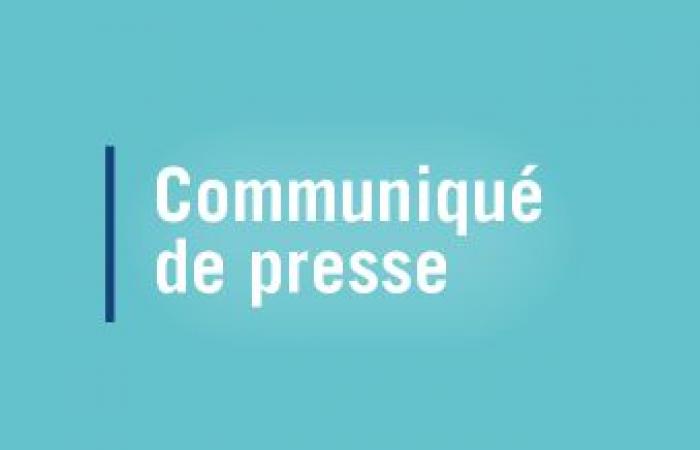Acute bronchiolitis is a respiratory illness that occurs more frequently in winter and is mainly caused by the respiratory syncytial virus (RSV). It is a respiratory infection of the small bronchi which mainly affects children under 2 years old. In France, it is estimated that bronchiolitis affects nearly 30% of infants under 2 years old, or around 480,000 cases per year.
According to Public Health France, in the Paca region, during the last winter season 2023-2024, the bronchiolitis epidemic in children under 2 years lasted 9 weeks, from mid-November 2023 to mid-January 2024. The epidemic peak was observed at the beginning of December 2023.
During this period the following were recorded in children under 2 years old:
- approximately 4,700 visits to the emergency room (i.e. 19% of all-cause visits in this age group);
- nearly 1,700 hospitalizations (38% of all-cause hospitalizations in this age group);
some 450 medical procedures in SOS Médecins associations (10% of all-cause procedures in this age group).
Effective preventive treatments
During the 2023-2024 winter season, a new preventive treatment, nirsevimab (Beyfortus®), was offered to parents leaving the maternity ward in order to protect newborns from the most serious forms of the disease and thus avoid hospitalization. This treatment has had a very high adherence rate.
In the Paca region, between September and the end of December 2023, more than 9,800 infants have received this treatment leaving the maternity ward, i.e. more than 72% of newborns over this period.
According to Santé Publique France, this first campaign confirmed the effectiveness of nirsevimab (Beyfortus®), with a reduction in immunized infants of almost 80% in the risk of developing a serious form of bronchiolitis requiring hospitalization in intensive care.
At the national level, it made it possible to avoid 5,800 hospitalizations for RSV bronchiolitis after going to the emergency room.[1].
A new preventive treatment campaign with Beyfortus® is being relaunched this year for infants under one year old. The treatment will be available this year after leaving maternity wards and in town pharmacies.
Maternal vaccination: a new possibility to protect the newborn
In addition, this year, maternal vaccination is also offered to women during pregnancy.
This vaccination solution therefore complements the range of preventive treatments already available.
Injected between the end of the seventh month and the end of the eighth month of pregnancy, the Abrysvo® vaccine allows the pregnant woman to produce antibodies which she transmits to her child through the placenta. The infant is thus protected from birth and until the age of 6 months against RSV.
Bronchiolitis in infants: reminder and good actions
Acute bronchiolitis is a respiratory disease of viral origin which mainly affects children under 2 years of age during winter seasonal epidemics. It is transmitted by saliva, coughing, sneezing, and the virus can remain on hands and objects (such as toys, pacifiers, comforters).
To prevent bronchiolitis contamination, it is recommended to adopt the right behaviors:
- wash your hands before caring for your baby;
- wash his nose regularly with physiological serum;
- ventilate your room every day, like the rest of the home, for at least 10 minutes a day;
- limit visits to very close, non-sick adults;
- avoid frequenting confined public places (supermarkets, restaurants and public transport, etc.) and favor going outdoors;
- in the event of symptoms in parents or those close to them, wear a mask when caring for the baby;
My child has bronchiolitis, what should I do?
In 95% of cases, bronchiolitis does not require hospitalization and can therefore be treated by a local doctor. The latter will remind you of the hygienic and dietary measures (nose washing, splitting meals, etc.) and will give you instructions for monitoring your child. and know how to detect a possible worsening justifying a new consultation or hospital treatment.






